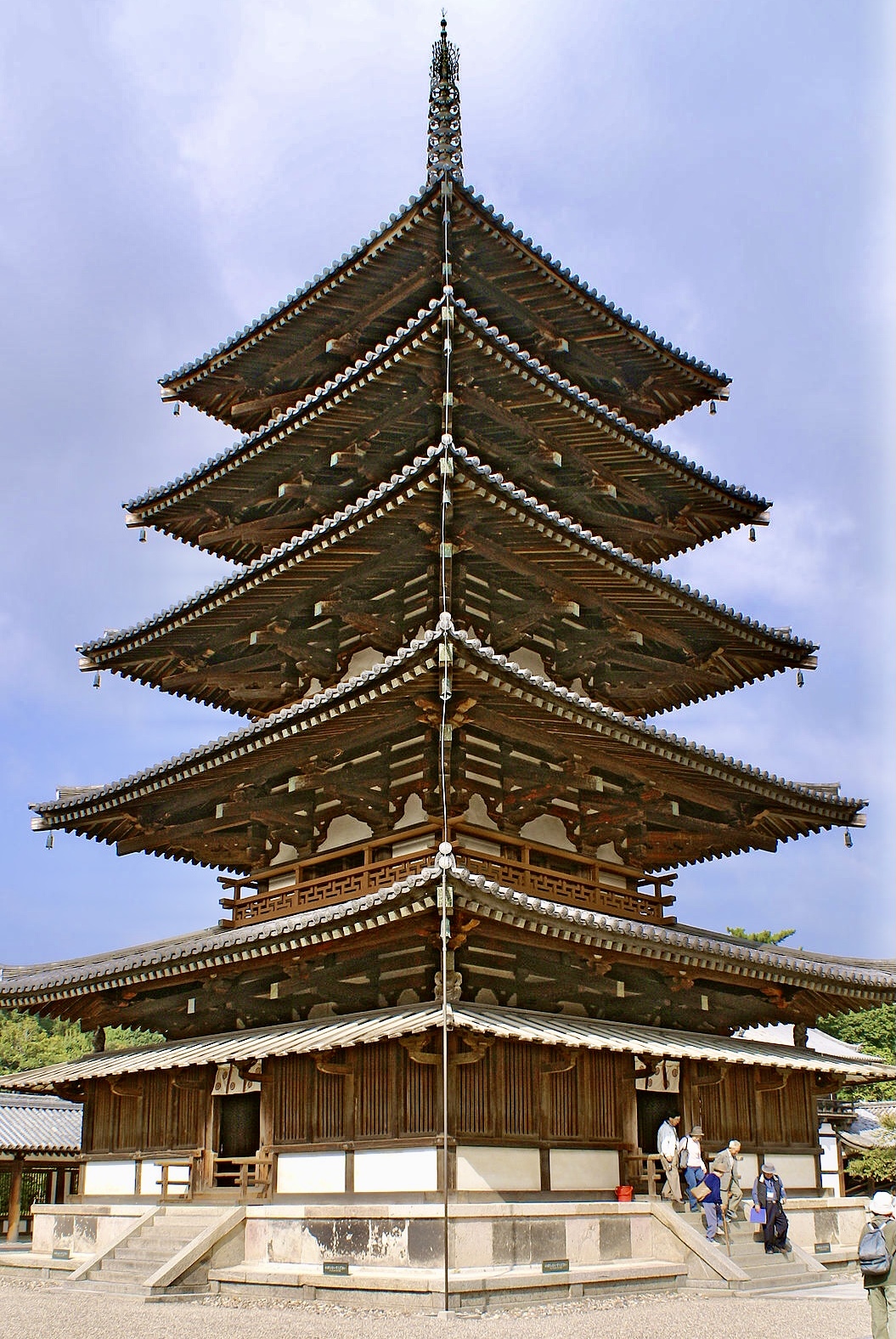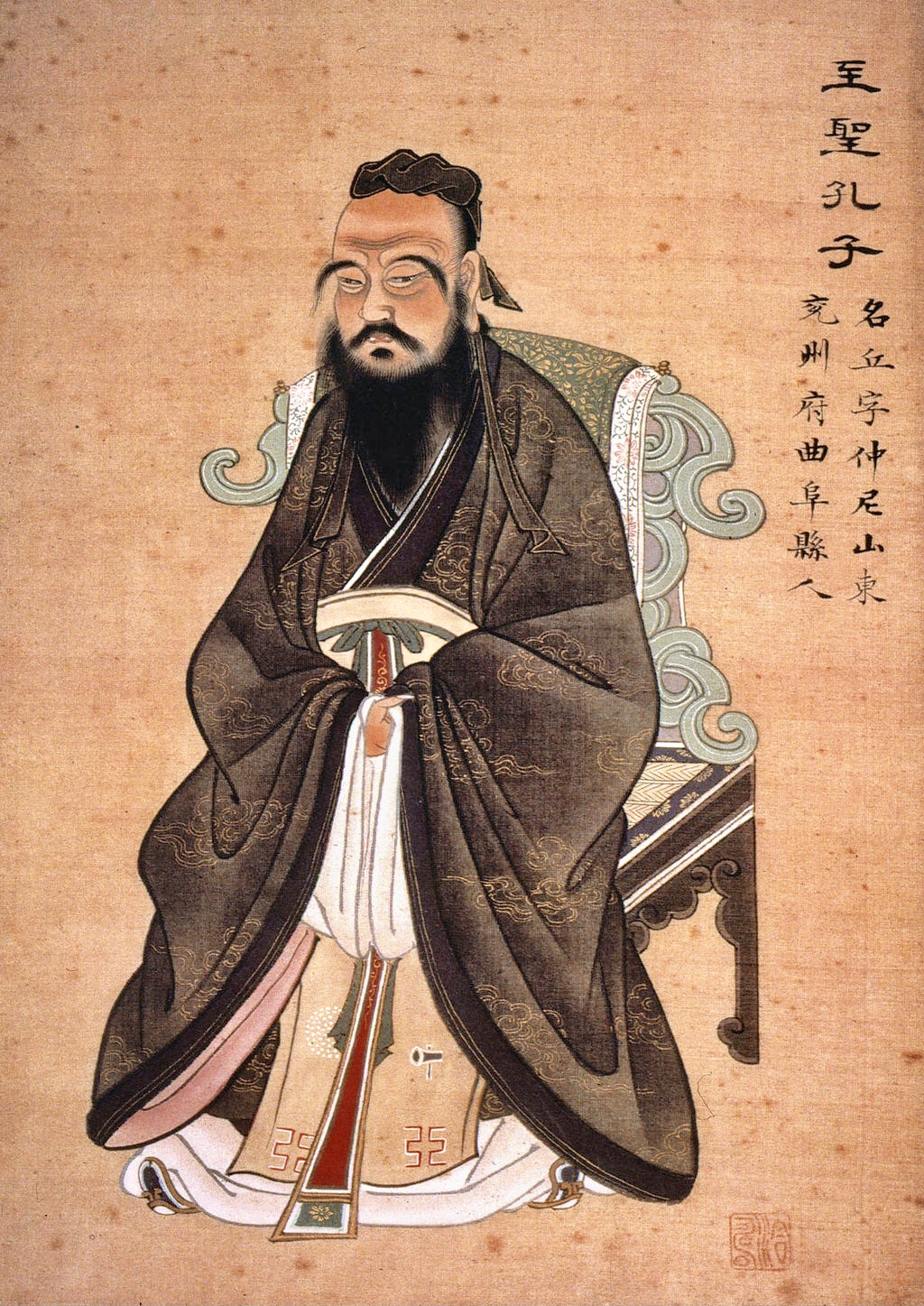China
Throughout history, the great civilisation of China has made many contributions to the development of human thought and flourishing. However, perhaps none have been as influential, long-lasting and widely known as the teachings of Confucius. Still, to this day, the ideas that Confucius laid out on education, morality, social organisation and virtue have sustained and inspired the Chinese people for centuries. In this part of the course we will look in more detail at the enduring legacy and ideas of this remarkable thinker and will consider the relevance of his teachings for today’s world. As well as considering Confucian notions such as ethics as the foundation of social order and good relationships in society, we will also refer to Confucian ideas of the Junzi (or noble human being) and look at the book attributed to him known as The Analects.
“Political order is the product of an ethical order.”



